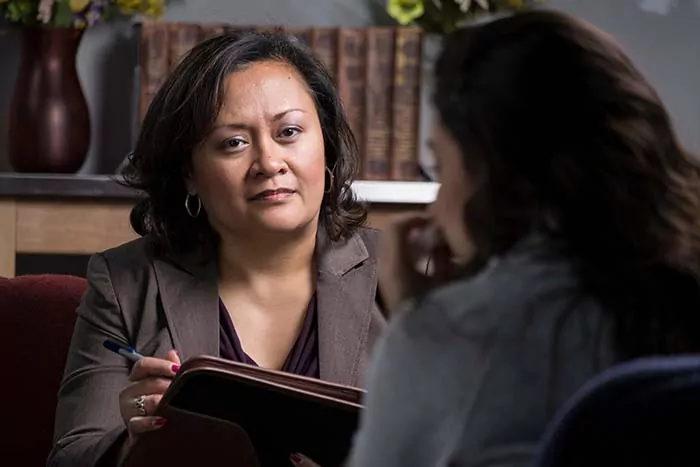Whole Person Care considers a person’s physical, social, emotional, and mental needs. It recognizes that a person is more than just their physical body. Their mental health, relationships, and beliefs can also affect their well-being. According to the CDC, 60% of US individuals have one chronic condition, and 40% have two or more of them. These chronic conditions, for example, heart disease, diabetes, or liver disease, can lower a person’s quality of life. Whole Person Care is emerging as a solution to this problem. Keep reading to learn more about Whole Person Care and how Eleanor Health has adopted whole-person care to treat our members better.

Whole-person care (also known as care coordination) involves treating the whole person, not just symptoms. It recognizes that access to quality healthcare and a person’s likelihood to use healthcare affect health outcomes. Moreover, it recognizes the value of physical, mental, and emotional health to well-being.
This patient-centered strategy aims to help the patient physically, psychologically, and socially. The purpose is to improve care coordination, patient satisfaction, and health outcomes. Health outcomes are the end result of a person’s care that impacts their overall well-being. It also involves respecting what is most important to a patient by taking into account their values and priorities.
The most important strategies for patient-centered, coordinated care include

Whole-person care requires a large team. It should include the following:
Research has shown that a whole-person approach to healthcare can lead to improved treatment outcomes and long-term recovery for individuals in need of help. This approach recognizes that people’s physical, emotional, social, and mental needs are interconnected and must be addressed in a holistic manner.
Whole-person care can be especially beneficial for individuals who are experiencing complex health issues, chronic conditions, or many health conditions at once. This includes
By taking a whole-person approach, we can help individuals better manage their symptoms, improve their quality of life, and achieve better health outcomes.

At Eleanor Health, we understand that the people who come to us for help have complex needs and health histories. We started in 2019 as an outpatient addiction treatment center. We knew there was a serious lack of resources for many suffering from these diagnoses.
We soon realized there were many more that could benefit from our services if we broadened our care to focus on whole-person health. We do still offer addiction treatment services as part of our ongoing effort to help
Our approach to caring for our members includes several key components.
For those seeking support for their addiction, our personalized value-based program recognizes that addiction is complex. It cannot be treated with a one-size-fits-all treatment program. Research has also shown that over 80% of addiction patients have other mental health issues. Patients with SUD also tend to have a greater prevalence of chronic physical health disorders. This is because of the close relationship between physical and mental health. Untreated medical issues might trigger a relapse. Furthermore, SUD outcomes are significantly influenced by social determinants of health. Our treatment program addresses all aspects of social well-being.
Whole Person Care acknowledges the relationship between physical, mental, and emotional well-being. It enhances patients’ experience by treating patients holistically. Whole Person Care professionals should also be involved in addiction treatment.
If you’re ready to get started with a compassionate care team that wants to help improve your specific health needs while simplifying the process, Eleanor Health is here to help. Reach out today to get started!
 10 Best Apps for Mental Health
10 Best Apps for Mental Health
 What is Holistic Health?
What is Holistic Health?
 Benefits of Exercise on Mental Health
Benefits of Exercise on Mental Health